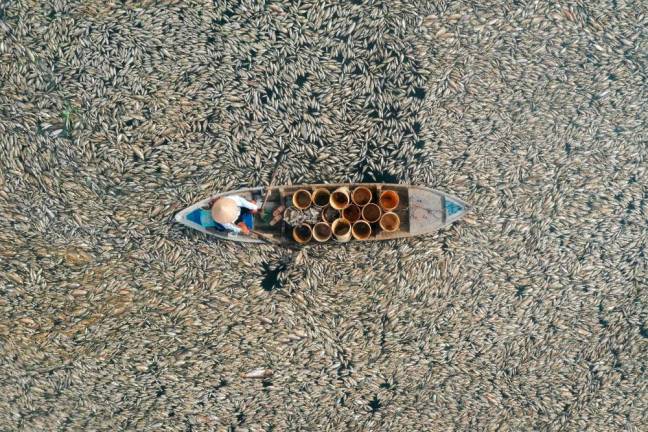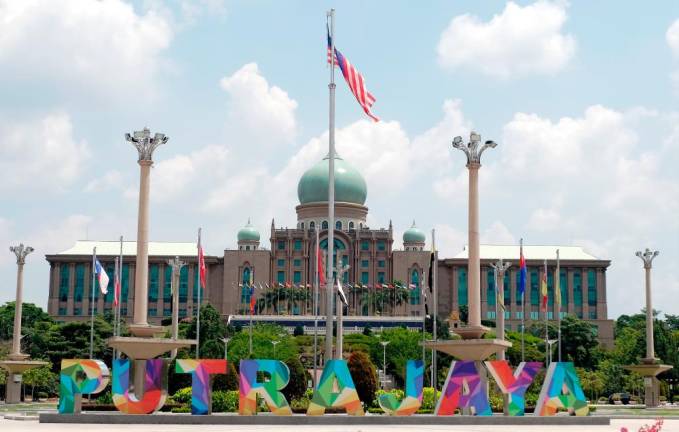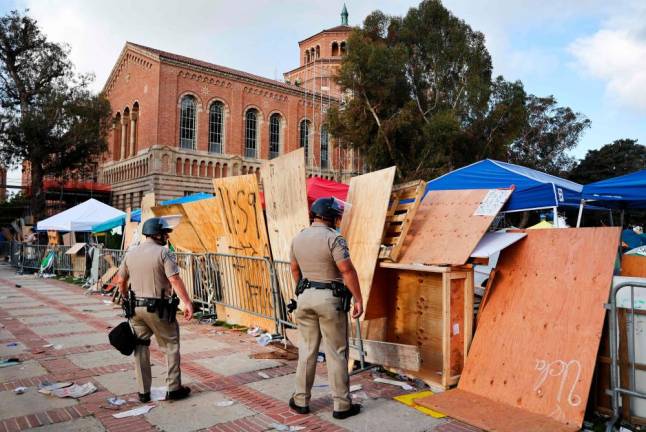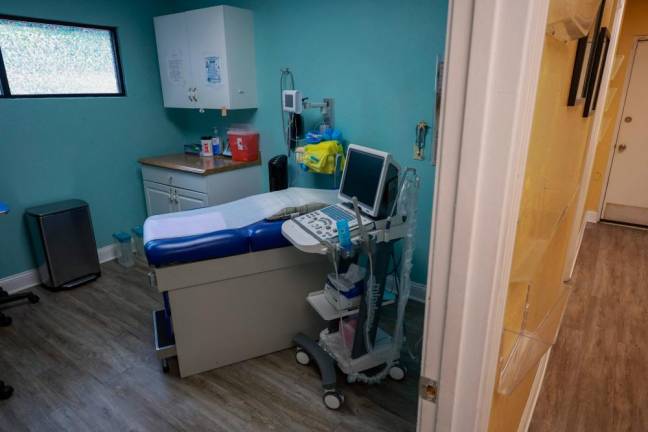PETALING JAYA: Police receive a report on incest every other day, yet little is done to protect victims.
Many of them are sent away by their parents to keep the shame within the family. Adding to the hurt, victims are frequently forced to take the blame while perpetrators get away scot free.
Advocacy and communications manager at OrphanCare Riza Alwi recounted a case of a teenage girl, who was repeatedly raped by her uncle.
“Her family just would not believe her,” he told theSun.
In many instances, victims are too fearful of their assailants to report them until it is too late. In the case cited by Riza, the girl was forced to have sex with her uncle repeatedly but was too scared to tell anyone until it was obvious that she was pregnant.
Such a dastardly act made the news again recently when a 13-year-old girl was reported to have become pregnant after being raped by her 16-year-old brother.
Rather than counsel her and give her all the support she needs, the girl was sent away because her parents did not want anyone to find out that she was pregnant.
The saving grace is that the perpetrator was arrested and the police are investigating.
Bukit Aman Sexual, Women and Child Investigations division director ACP Kamsiah Hassan said recently that an average of 15 cases of incest were reported every month, most lodged by victims.
From January 2017 to April last year, there were 1,197 cases.
However, research by Universiti Teknologi Mara showed police records do not reflect the magnitude of the problem.
The report noted that only one in three cases ever came to the attention of law enforcers.
All Women’s Action Society services manager Lilian Kok said parents, guardians and the community should be made aware that it is their legal obligation to lodge a police report if they know of a child aged 16 and below, who has been abused, sexually or otherwise.
“This is clearly stipulated under Sections 27, 28 and 29 of the Child Act 2001 as well as Section 19 of the Sexual Offences Against Children Act 2017.”
In cases where victims or perpetrators are underaged, the authorities such as the police, the Welfare Department and social workers should step in to ensure proper procedures are diligently adhered to during investigations for the benefit of the children.
“The victim and her family must be separated from a perpetrator. Mother and child should be given counselling therapy.
“A safe and nurturing space for the mother and child to communicate and heal should also be made available.”
Kok said that in the event the victim is pregnant, counselling could help her cope with antenatal as well as postnatal physical, psychological and emotional issues.
“There must also be opportunities for a victim to become financially independent and to continue with her education after the child is born,” she added.












